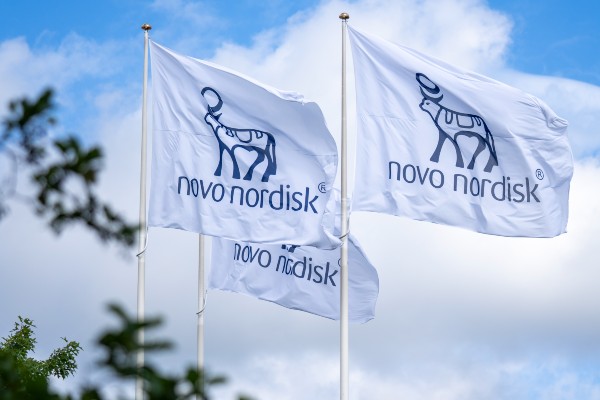.jpg)
A year ago, Europe’s aerospace and defence industry quickly morphed from a pariah to a red-hot area for investment. Full-throated political announcements like Germany’s €100 billion (£88 billion) special fund and France’s goal to double defence spending by 2030 electrified stocks like Rheinmetall, which soared by 60% in the week that followed Putin’s invasion.
The stock frenzy failed to account for two things: first, inertia and hesitation define European security policy. Second, European weapon makers, after shrinking themselves down to artisanal dimensions in order to survive a post-Cold War dearth of orders, would need years to upscale their production lines. That means none of them could instantly cash in on governments’ suddenly re-kindled love for their merchandise.
A Year of No Action
Rheinmetall (RHM), Germany’s quintessential heavy weapons maker and a likely recipient of many of Germany’s €100 billion, set itself an organic sales growth goal of 15-20% at its full-year report about a month after the invasion. By the first quarter, the company had added a disclaimer that this forecast assumes German military orders actually materialising. At the half-year mark, the company guided towards the lower end of its range, also citing headwinds in automotive. Last month, still without a single major defence order placed by Germany, preliminary full-year results showed organic growth of just 10%.
Ironically, that's within Rheinmetall’s original 2022 guidance, not accounting for the war and German chancellor Olaf Scholz’s special budget.
This isn’t to say one would have been wrong to invest in Rheinmetall a year ago. With a 168% rally in the last twelve months, the stock is a top performer within European aerospace & defence, and 11 sell-side analysts rate it a “Buy”, with only two Holds and no Sells. It could be much worse.
Leonardo, Left Behind
Shares of Italy’s largest aerospace and defence firm Leonardo (LDO) finished 2022 just 20% above pre-invasion levels. Part of that may be due to its set of customers: in a January 30 note, UBS analyst Ian Douglas-Pennant highlighted Leonardo’s 55% exposure to Italy, the UK and the US. All either already spend a high share of GDP on defence, or face pressures to rein in spending — in contrast to Germany’s low starting point and ample fiscal leeway. In a more positive take, Deutsche Bank’s Christophe Menard ascribes Leonardo’s underperformance to Italy’s country risk premium and inflation concerns, and sees 40% upside to the stock.
"We have not yet seen the impact of the war in Ukraine on order intake," Menard wrote in January. He and UBS’s Douglas-Pennant appear to agree that there’s upside if Leonardo manages to take a share of Germany’s €100 billion spending package. We’ll know if they’re right when Germany actually does decide to buy something.
For now, Leonardo’s own guidance points to an FY 2022 order intake just 12% above 2021’s. About half of that increase is due to a Polish helicopter order placed last July.
Transitory Phase
It’s in the nature of hyper-complex military hardware that years pass before incoming orders boost a company’s top line. Deutsche Bank’s Menard sees Ukraine-related orders finally materialising in 2023, adding to record order books in 2022. For now, Menard writes, we’re in a "transitory phase" with conflict-driven sales growth not showing up before 2024.
One sign that the year of slow orders may have ended is January's management change in the German defence ministry. "The appointment of Boris Pistorius as Germany's Defence Minister, in replacement of Christine Lambrecht, could be a trigger to accelerate contract placement." Before her exit, Lambrecht faced repeated criticism for indecision and a lack of urgency at the helm. Before 2022, that wouldn't have been a career-ending flaw.











.jpg)



















